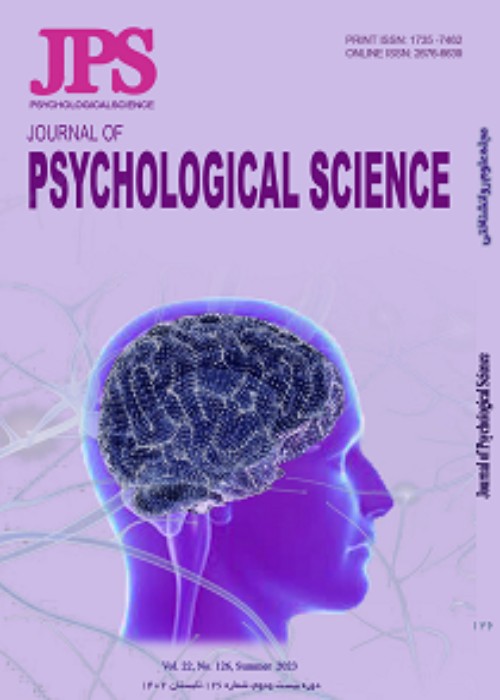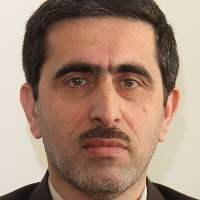The efficacy of psychological resilience training on students' academic self-regulation and cognitive triangle
Many people respond to challenges with irrational and unregulated emotional beliefs and behaviors. And they gradually acquire a dysfunctional view of themselves, the world, and the future, known as the cognitive triangle. Research shows that the psychological resilience program is one of the group programs based on cognitive-behavioral therapy to improve problem-solving skills and effective coping such as courage and relaxation in critical situations. Leads and strengthens optimism. However, there is a research gap in the application of coping methods and equipping students in our schools.
The aim of this study was to determine the efficacy of psychological resilience training on students' academic self-regulation and cognitive triangle.
The research method was quasi-experimental and pre-test-post-test with a control group. The statistical population included all female high school students in Tehran in the academic year of 2019-2020 who were selected by multi-stage cluster random sampling of 30 people and were randomly divided into two groups of psychological resilience training and control group. Research tools included Pintrich and De Groot (1990) and Cognitive Triangle (2005) and Cognitive Triangle Questionnaire. The psychological resilience training program (Gilham, Jikax, Reeves, Seligman, and Silver, 1990) was conducted for the experimental group in 5 sessions of 90 minutes, and the control group did not receive any intervention. To test the hypotheses, multivariate and univariate analysis of covariance were used using SPSS-25 statistical software.
The results showed that there was a significant difference between the pre-test and post-test scores of the experimental and control groups in academic self-regulation and cognitive triangle (p˂0.05). The effect of psychological resilience training on academic self-regulation was 0.70 and on cognitive triangle was 0.27.
The results showed that students participating in the educational program in comparison with the control group and in comparison, with before education in the components of motivation, cognition, feedback to themselves, the future and the world obtained high scores and in total cognitive triangle and They experienced better academic self-regulation
- حق عضویت دریافتی صرف حمایت از نشریات عضو و نگهداری، تکمیل و توسعه مگیران میشود.
- پرداخت حق اشتراک و دانلود مقالات اجازه بازنشر آن در سایر رسانههای چاپی و دیجیتال را به کاربر نمیدهد.



